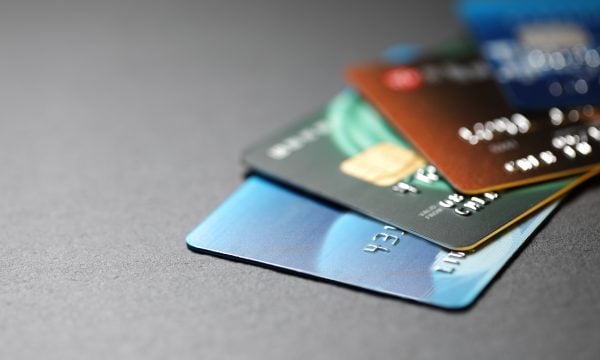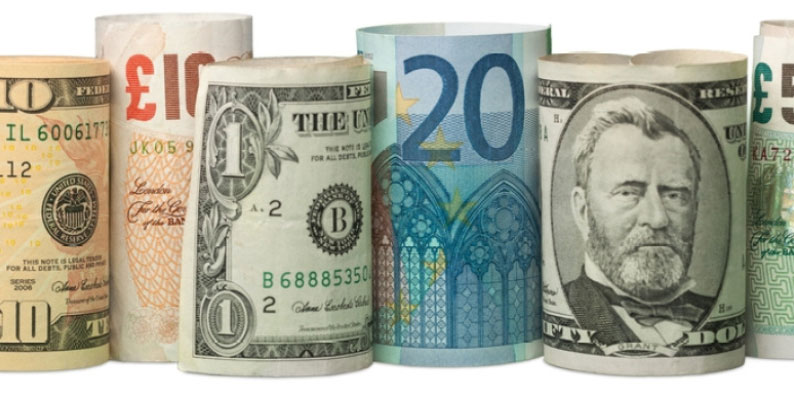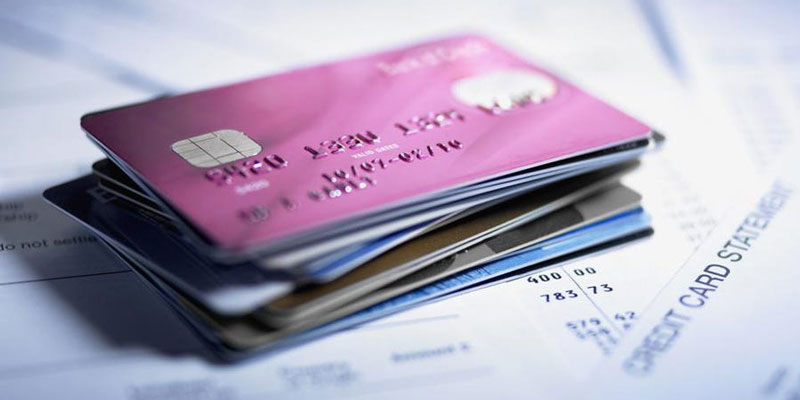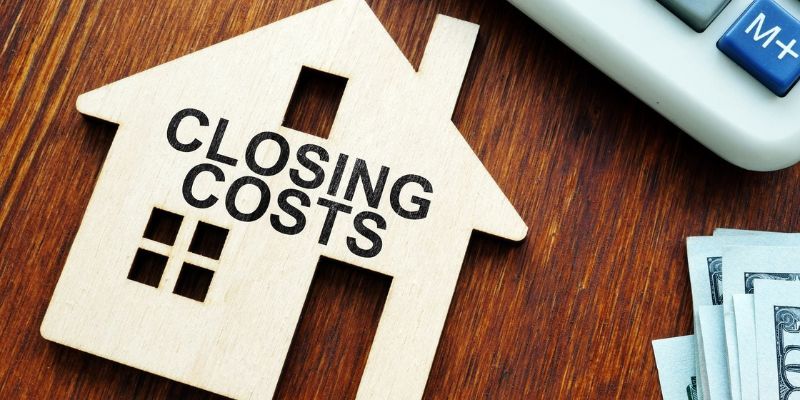A hefty tax bill is like hay fever. You don't want it and try to avoid it, but when April comes around, it strikes you like a ton of bricks. You are now responsible for determining how best to deal with the situation. The payment of taxes is required, and charging them to your credit card is a convenient solution. You may need more time to come up with the money, or maybe you're thinking about the rewards you may rack up if you place a significant cost on your credit card. The use of credit card for paying taxes is probably not a smart idea, with a few notable exceptions; the following explains why.
You'll Pay Processing Fees
When a purchase is made using a credit card, the business making the sale is responsible for paying processing costs to the financial institutions that handle the transaction. However, the Internal Revenue Service is not responsible for paying such processing costs if a tax payment is made using a credit card. You do.
You must utilize one of the third-party credit card processors offered by the Internal Revenue Service (IRS) to pay federal taxes using a credit card. These processors assess fees ranging from 1.87% to 2% of the amount you put on the card. You may be subject to additional costs if you file your returns and make your taxes online using software like TurboTax. Because of these costs, any rewards for using your credit card to make the payment may be lost. Most credit cards provide a rewards rate of just 1% to 1.5% for purchases of this kind.
The Exceptions
You could receive enough value back from your card to cover the cost of the charge. If you place your tax payment on a credit card that offers rewards of 2% or more and then pays it off in full when you get your next bill, the rewards you get are more than the fees you pay (barely). Or, if the amount of your tax payment is sufficient to earn you a sizable sign-up bonus or make you eligible for other significant privileges with your credit card, it may be worthwhile to pay the processing charge.
You Could Pay High Interest
According to Trish Evenstad, "Depending on the interest rates on your credit card, you might wind up paying a lot." Evenstad made this statement. Her words of wisdom to those unable to make a complete payment were as follows: "Pay as much as you can before the due date." The remaining sum may be paid off by entering into an installment plan with the Internal Revenue Service.
According to information provided on the IRS website, qualifying taxpayers will be required to pay a fee of $31 to set up an online installment arrangement and pay through direct debit from a checking account in 2017. This is in addition to an interest rate of 4% per year on any unpaid federal taxes, as well as a penalty equal to 0.25% of the total amount owed for each month that the agreement is in existence. When converted to an annual percentage rate, this equates to around 7%.

The Exception
If you can pay off your amount before the end of the promotional term, using a credit card with a promotional interest rate of 0% might be a more cost-effective payment method than paying into an installment arrangement.
You Could Hit Your Credit Limit
Suppose you charge a significant portion of your tax liability to your credit card. In that case, you might quickly approach the maximum of your available credit, making it simple to go over the limit and suffer overdraft fees. It's also possible that your credit score may decrease.
To quote Cari Weston, one may first wonder, "What is my financial situation?" Since I may not have an emergency savings reserve, I'd rather avoid incurring credit card debt if I need a credit card to cover unexpected expenses.
The Exception
If your credit card has a limit far higher than your tax liability, charging on it could not have a significant negative impact on your buying power or credit score.
Better Ways To Pay

If you want to avoid additional costs, you should pay your tax with a check or direct debit if you have the money. If you need further time, your best bet is most likely to negotiate a payment plan with the Internal Revenue Service (IRS). This is what you should do:
- Determine how much time you will need to complete the task. You won't have to pay a setup charge if you can pay the balance in full within the first 120 days.
- Navigate the web. With a setup charge of just $31, an online installment arrangement with direct debit is the most cost-effective payment method. It will cost you an additional $225 to set up offline and without automatic payments.







